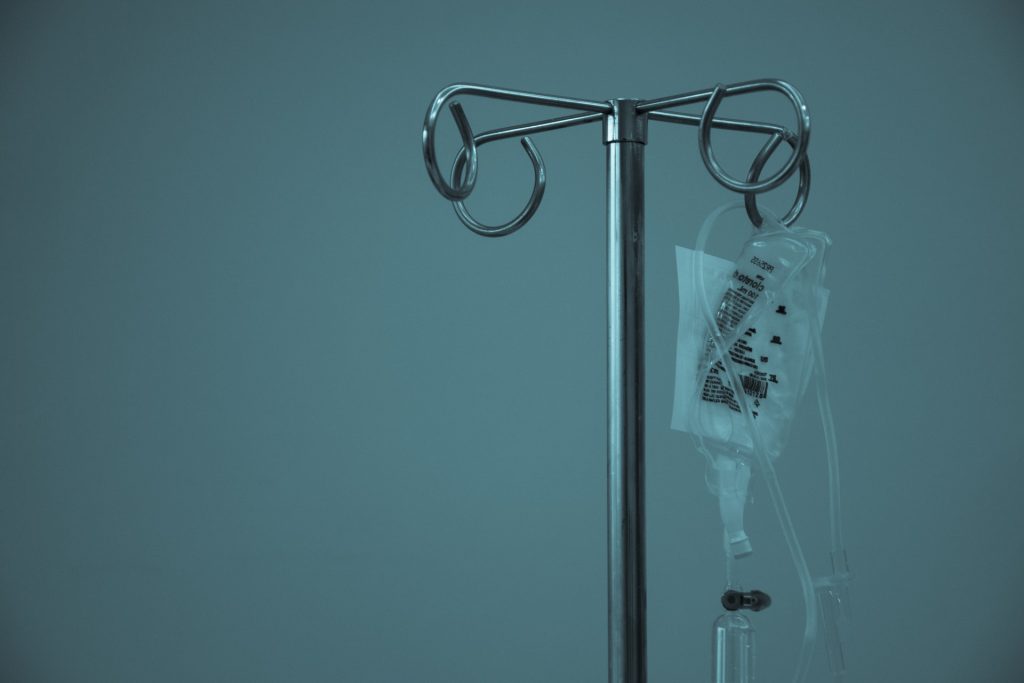Hospital Negligence Claims Solicitors Liverpool
Hospital negligence occurs when you suffer as a result of poor or incompetent medical care.
Cases can range from having your medical condition misdiagnosed to being fitted with faulty breast implants ( an extreme example of this was the PIP breast implant scandal which affected 47,000 British women who were given breast implants filled with industrial silicone?)However, there are certain criteria that you need to fulfil before you make a claim.
- You need to prove that the care provided fell below the standard of a competent medical professional, that this caused damage to your health, and would not have otherwise occurred.
- You have to make your claim within three years from the date of injury, or three years from the date you become aware of the negligence or injury. However, the time limit is different for children as a medical negligence claim can be made three years after the injured child turns 18.

Hospitals are busier than ever, offering a wide range of treatments, medications and procedures. This means there is always the potential for error. In 2020 as a result of the number of cases being admitted to hospital during the Covid pandemic the NHS saw a 9.35% increase in clinical negligence cases (Find out more about Covid-19 negligence claims).
And it’s not just the NHS who can be accused of hospital negligence, you may bring a claim against any healthcare provider who has caused you suffering.
Here are just some examples of hospital or clinical negligence:
Your healthcare provider failed to diagnose your condition or has made the wrong diagnosis and you suffer as a result
- This happens when your medical provider has failed in their duty of care. It may be the result of medical malpractice or GP malpractice, for example, when they don’t spot the symptoms of an illness.
They made a mistake during a procedure or operation
- Operations can go wrong. Of course they can and the outcome can be devastating. One example of this is during orthopaedic procedures – ie the treatment involving bones – including hip replacements and knee ops – you undergo unnecessary suffering because of a broken bone not spotted by staff, or a negligent hip operation has a debilitating impact on your life.
You were given the wrong medication or dosage
- When dispensing medicine your healthcare provider may inadvertently give you medication intended for another patient.
- Or your medication may be incorrectly labeled.
- Or the dosage may be wrong.Or the medicine may be wrongly prescribed leading to an overdose.
They didn’t get your informed consent to treatment
- Your medical provider has a duty to ensure you know and understand the risks associated with your treatment. If you don’t know what they are, it is impossible for you to give your informed consent and that can constitute medical negligence.
You did not receive the standard level of care during childbirth and complications occurred.
- The more common types of negligence during childbirth involve substandard performance of delivery procedures, and failure to respond efficiently when maternal or fetal complications arose.
You suffered a hospital-transmitted infection, such as MRSA
- MRSA is known as a “superbug” as it is a type of bacteria that’s resistant to several widely used antibiotics – and it is highly likely if you contract it during your stay that it is because staff did not do enough to protect you. This amounts to clinical negligence and means you could claim MRSA compensation.
There were anaesthetic complications.
- Every year some patients do suffer injury as a result of anaesthetic mistakes and errors, including equipment errors, drug dosage errors, human errors – and what the NHS refers to as “human factors” such as medical staff failing to work together, or medical staff not following established protocol in an emergency situation perhaps because they are under stress.
Cosmetic surgery complications
- Cosmetic surgery compensation may be in order if you are injured or disfigured when a procedure goes wrong. A cosmetic surgery error can also occur during simple procedures such as botox injections and fillers. And there are other ways negligence can cause damage and distress including:
- Nerve damage.
- Disfigurement.
- Injuries due to the retention of medical instruments.
- Perforated bowel caused by liposuction.
This guide is by no means definitive, as there are so many reasons you might make a hospital negligence claim. That is where we come in. If you feel that you have suffered as a result of hospital negligence you are welcome to contact us for free initial advice.


